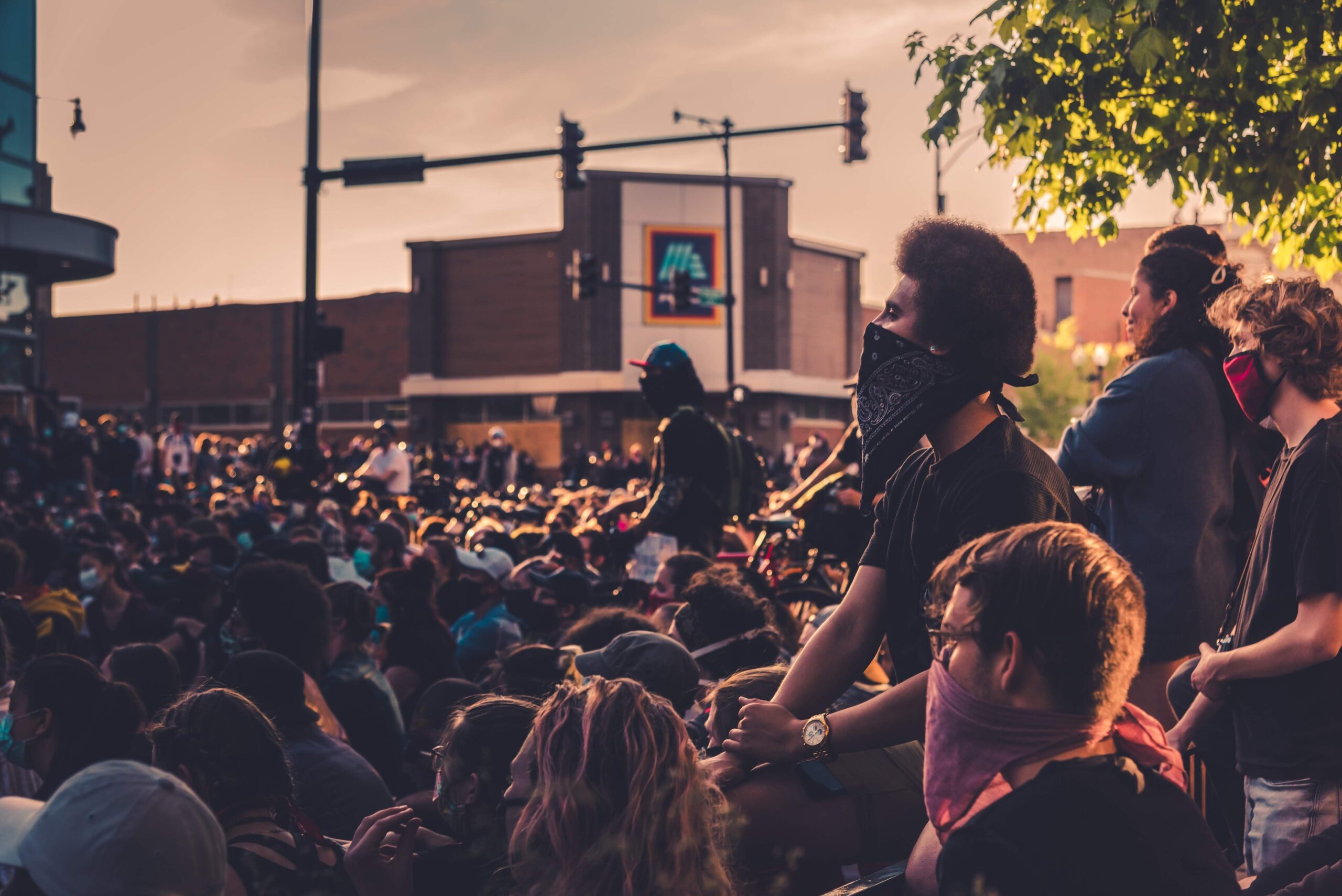Over the past few weeks, dozens of community foundations have spoken out about the unjust killing of George Floyd and many other Black people, the prevalence of racism (specifically anti-Blackness) in our communities and our institutions, and the need to change policies and practices that promote racial inequity. As a network of community foundations committed to leading change, we know that we must be in it for the long haul. We call on our network, and on community foundations across the country, to take deliberate action.
We stand in support of ABFE (Association of Black Foundation Executives) and their set of imperatives for philanthropy. ABFE worked with over 60 Black philanthropic CEOs in the U.S., including Puerto Rico and Virgin Islands, to craft a set of imperatives for ensuring the well-being of Black communities as the philanthropic community responds to the COVID-19 crisis. As they set to release this statement, the country erupted in response to the brutal murder of George Floyd and the demand to defend and protect Black lives from state-sanctioned violence.
As the country struggles to manage these overlapping pandemics, ABFE is challenging philanthropy to be bold, take action, and be inspired by the courage of the protestors who are risking their well-being for the sake of defending and protecting Black lives. As they note in their statement, which we encourage all community foundations to read in full: This is a marathon, not a sprint and all of us in philanthropy must be in it for the long haul.
We urge community foundations to support ABFE and their work now by becoming a member, reviewing the imperatives below, and committing to making change.
Imperatives for Philanthropy
Build Agency
Increase investments in Black-led organizations that connect individuals and families to a wide array of resources and build power in our communities to lead substantive change.
Push Structural Change
Given deep-seated inequities, COVID-19 relief and police reform efforts must take a “long view” and consider policy and system reform needed to improve conditions in Black communities beyond federal and philanthropic emergency and response efforts.
Encourage Shared Responsibility
Philanthropic funds, particularly those under the leadership of Black foundation executives are part of the solution. However, the targeted investment of all philanthropies as well as public dollars are needed to transform conditions in Black communities in both relief and long-term efforts.
Use Endowments
The health-driven economic recession has negatively impacted foundation endowments. Therefore, there is increased need to prioritize spending on the most impacted communities. In addition, now is the time to utilize the full set of resources of philanthropy by increasing asset payout and employing various investment strategies to provide much needed capital to Black communities.
Center Black Experience
Black leaders and communities must be engaged in the development of short and long-term philanthropic and public policy solutions to ensure that well-intentioned “helping” and reform efforts do not exacerbate existing disparities.
Trustee Accountability
Foundation trustees are accountable for the strategic direction, fiscal health and policies implemented by the institutions for which they govern. During this time of crisis, foundation boards should take stock of the level of grantmaking to Black communities, increase targeted giving and engage in racial equity assessments of their investments moving forward. It is necessary for national Boards to do so but critically important for foundation boards in the regions hardest hit by the coronavirus with sizeable Black populations (e.g., New York, Louisiana, Michigan, Illinois, Georgia, etc.).
Engage Black Businesses
Foundations and the public sector should actively engage Black businesses in investment management, banking, and other professional services to address the pandemic’s negative impact on Black earnings and wealth.
Lift Up Gender
The health and economic well-being of Black people are under threat due to COVID-19; however, its’ impacts also differ by gender, gender identity and sexual orientation. Black women are suffering worse relative to job loss. Emerging data illustrates that Black men are at higher risk of death and racial profiling relative to COVID-19. Black LGBTQ communities are particularly vulnerable due to higher rates of suppressed immune systems and widespread housing and employment discrimination. Response efforts must take into account these differences, to ensure that all people of African descent are connected to economic opportunities, healthy and are safe from personal and state-sanctioned violence.
Reach to the Diaspora
The racially charged impact of COVID-19 extends beyond U.S. borders. Black communities in the U.S. territories have been left out of many relief efforts and African immigrants are being targeted in both the U.S (as part of America’s Black population) and other parts of the world. During crises, we must remain vigilant of how anti-Black racism impacts people of African descent around the world and look for opportunities to unite our philanthropic efforts to save and support Black lives.
Address Disparities in Prisons
U.S. prisons are disproportionately filled with Black and Brown people and are breeding grounds for the spread of Coronavirus, other infectious diseases, and, generally, hopelessness. COVID-19 relief efforts have reminded us that institutional custody should be reserved as a last resort when there is a risk of community safety or flight. That use of institutional custody must become a standard of operating in all instances. Current efforts must support the safety of those currently imprisoned, early release of incarcerated individuals and advance sustained investments in alternatives that reduce reliance on incarceration over the long-term to support Black communities.




